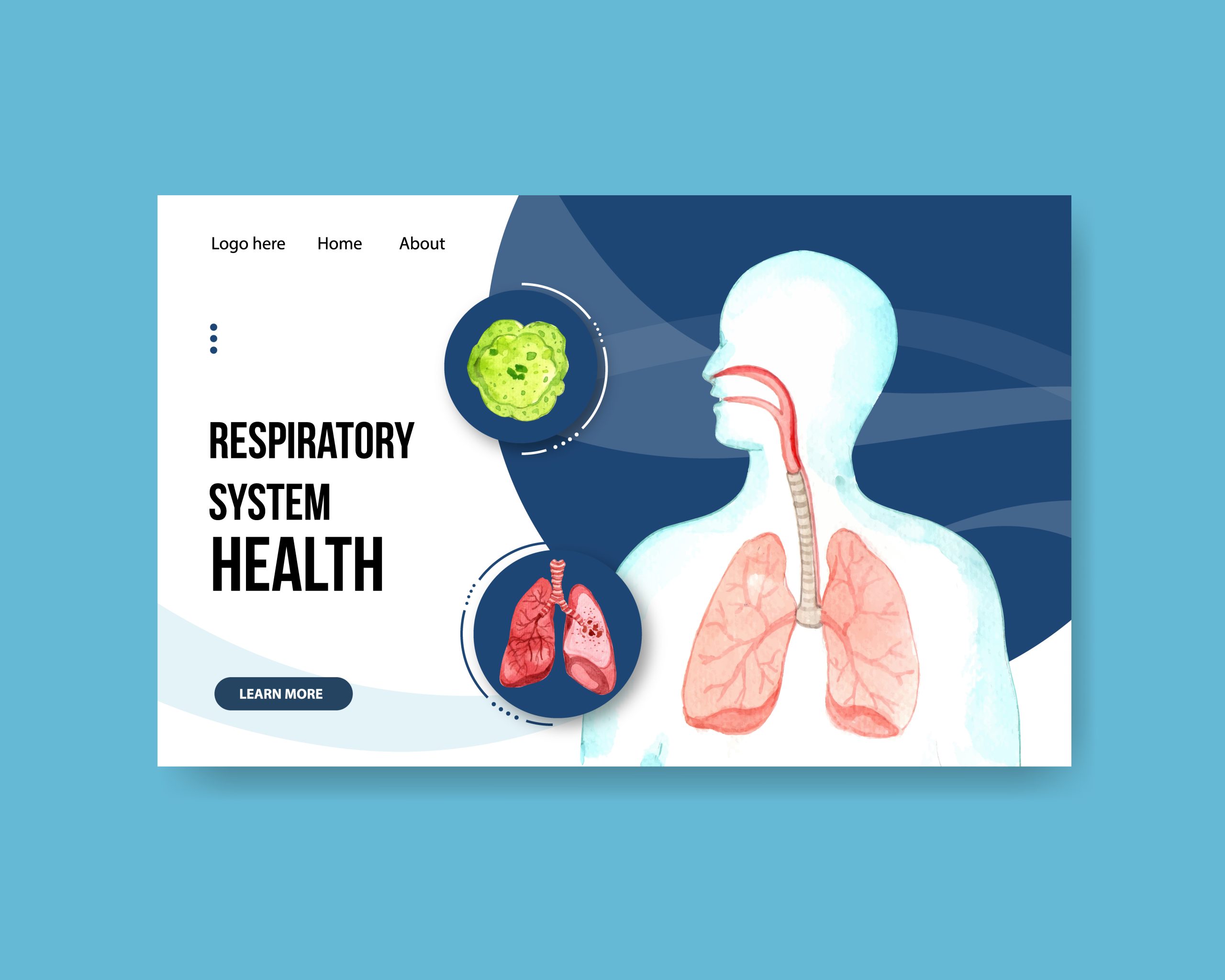- 3 May 2023
- 138
Symptoms of SARS Recognizing and Treating This Deadly Virus

Severe Acute Respiratory Syndrome (SARS) is a highly contagious respiratory illness caused by the SARS coronavirus. The virus first emerged in 2002 and caused a global pandemic that affected over 8,000 people in 26 countries, resulting in more than 700 deaths. SARS is a serious illness that requires immediate medical attention. In this article, we will discuss the symptoms of SARS, how to recognize them, and the available treatments.
Symptoms of SARS
The symptoms of SARS usually appear within 2 to 7 days after exposure to the virus. The symptoms are similar to those of the flu and include:
- Fever higher than 100.4°F (38.0°C)
- Dry cough
- Shortness of breath or difficulty breathing
- Chills
- Body aches
- Headache
- Diarrhea
- General feeling of discomfort or malaise
In severe cases, SARS can cause respiratory failure, leading to death. It is important to seek medical attention immediately if you experience any of these symptoms, especially if you have traveled to a region with a known outbreak of SARS or have been in contact with someone who has the illness.
Diagnosis and Treatment
SARS is diagnosed through a combination of clinical symptoms, laboratory tests, and medical history. If SARS is suspected, the patient will be isolated to prevent the spread of the virus and treated in a hospital setting.
There is no specific treatment for SARS, but supportive care can help alleviate symptoms and reduce the risk of complications. Treatment may include:
- Oxygen therapy to help with breathing
- Intravenous fluids to prevent dehydration
- Antiviral medications to reduce the severity of the illness
- Steroids to reduce inflammation in the lungs
Preventing the Spread of SARS
SARS is highly contagious and can be transmitted through respiratory droplets when an infected person talks, coughs, or sneezes. It can also be transmitted through contact with contaminated surfaces. To prevent the spread of SARS, it is essential to follow proper infection control measures, such as:
- Washing hands frequently with soap and water
- Covering the mouth and nose with a tissue or elbow when coughing or sneezing
- Wearing a mask if you have symptoms of SARS or are in close contact with someone who does
- Avoiding close contact with people who are sick
- Avoiding crowded places and practicing social distancing
In conclusion, SARS is a serious illness that can cause respiratory failure and death. It is essential to recognize the symptoms of SARS and seek medical attention immediately if you experience any of them. There is no specific treatment for SARS, but supportive care can help alleviate symptoms and reduce the risk of complications. To prevent the spread of SARS, it is crucial to follow proper infection control measures, including handwashing, wearing a mask, and avoiding close contact with sick people. By working together and taking these precautions, we can help prevent the spread of SARS and protect ourselves and our communities from this deadly virus.

